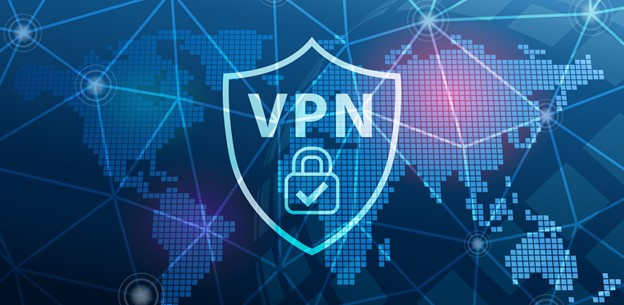InTegriLogic Blog
The Role of VPNs and Encryption in Remote Work Compliance
Remote work has reshaped how businesses operate — and with that shift comes the urgent need to protect sensitive data beyond the office walls. Two key tools in the compliance toolbox are VPNs (Virtual Private Networks) and encryption. But what exactly makes them so essential?
Why VPNs Matter for Remote Work
When employees connect to your company network from coffee shops, home offices, or anywhere in between, their internet traffic is exposed to potential threats. A VPN acts like a secure tunnel, encrypting data as it travels between a device and your corporate network. This keeps hackers and prying eyes out, helping businesses meet strict compliance requirements.
Encryption: Protecting Data Everywhere
Encryption isn’t just for data in transit — it’s vital for data at rest too. Whether files are stored on laptops, cloud services, or backup systems, encryption scrambles the information so only authorized users can access it. This layer of security is often a must-have for regulations like HIPAA, GDPR, and others that govern remote workforce compliance.
How VPNs and Encryption Work Together
Think of VPNs as protecting the journey of your data, while encryption safeguards the data itself — no matter where it lives. Together, they form a powerful defense against breaches, unauthorized access, and costly compliance violations.
Need Help Setting Up VPNs and Encryption?
At InTegriLogic, we specialize in implementing managed IT solutions that keep your remote workforce compliant and secure. From configuring enterprise-grade VPNs to managing encryption policies, we handle the technical heavy lifting so you can focus on your business.
Call us at 520-545-0691 or email
News & Updates
Contact Us
Learn more about what InTegriLogic can do for your business.
InTegriLogic
1931 W Grant Road Suite 310
Tucson, Arizona 85745

